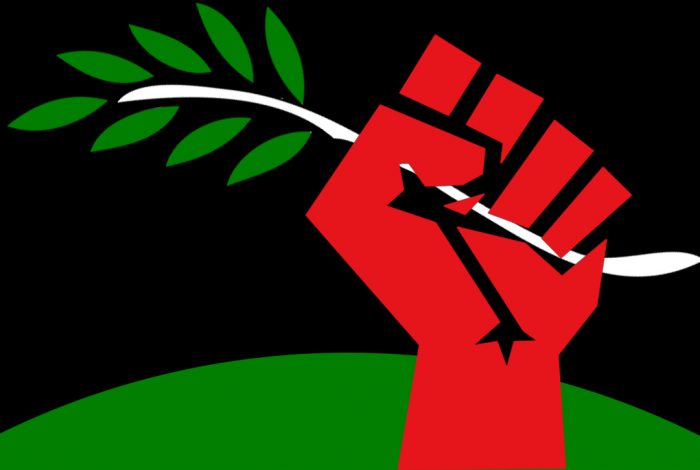
It is in vogue nowadays to describe the multifaceted and intertwined crises of capitalism without referring to capitalism itself. Obscure jargon of ‘overlapping emergencies’ and ‘polycrisis’ are brought up to describe the complexity of the situation, and they serve, with or without intention, to conceal the culprit, namely the totality of capitalist relations. This short piece discusses the content, function, and limits of these evasive practices with concrete examples.
A Hodgepodge of Risks
“A polycrisis is not just a situation where you face multiple crises” writes Adam Tooze, it is rather a situation “where the whole is even more dangerous than the sum of the parts” (Tooze 2022a). Even at first sight, he is able to count seven radical challenges on the radar, including Covid, inflation, recession, hunger crisis, climate crisis, nuclear escalation, and a ‘Trumpite’ Republican Party storming back to power.
Former long-time Harvard President, Larry Summers celebrates the term polycrisis for its capacity to capture the many aspects at stake, and adds: “I can remember previous moments of equal or even greater gravity for the world economy, but I cannot remember moments when there were as many separate aspects and as many cross-currents as there are right now” (Summers 2022). Make no mistake, the approval comes from a life-time mouthpiece of the establishment, foe of the working classes and the oppressed, frank enough to argue as the then Chief Economist of the World Bank that “the economic logic behind dumping a load of toxic waste in the lowest wage country is impeccable”.
In Tooze’s view, in the 1970s, too much or too little growth, or late capitalism could be shown as the ultimate source of the problems at hand depending on one’s political position. What makes the current moment distinctive is the fact that “it no longer seems plausible to point to a single cause” (Tooze 2022b). He is thus quite explicit that one should avoid the use of grand narratives, or, in line with that, the designation of the capitalist mode of production as the root cause of the radical challenges upon us.
Read More »


